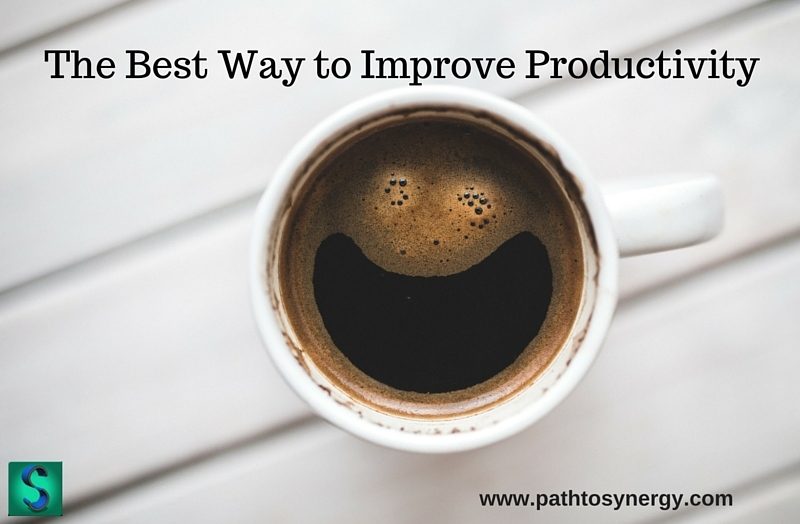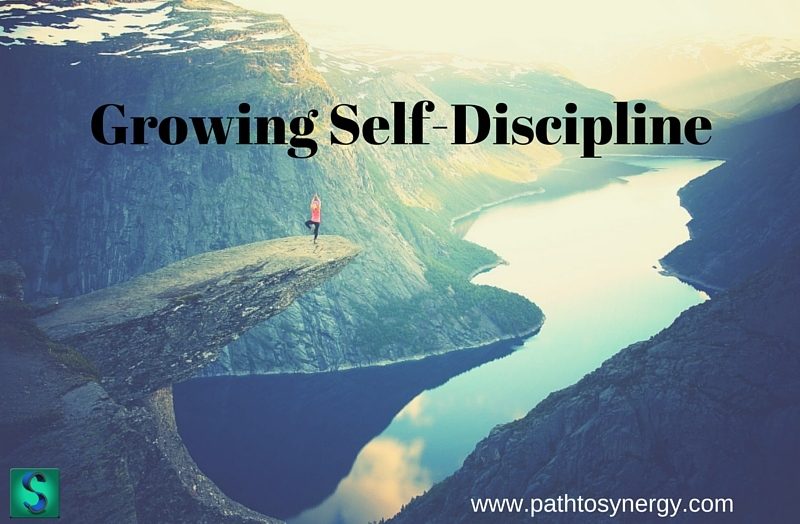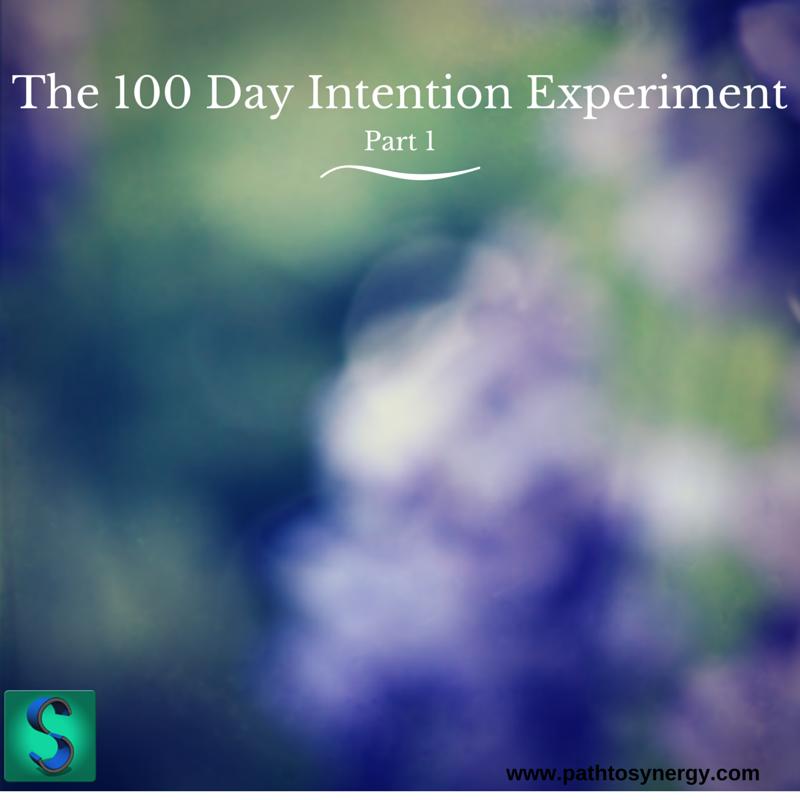The Best Way to Improve Productivity
There are an endless amount of resources out there for how to improve productivity. In my search I did not find a definitive answer to the best way to improve productivity. I think there is an answer to this question though. The best way to improve productivity….is your way.
Finding out ways to hack your own laziness, distraction or “busy” lifestyle is tricky. But the most effective way to improve productivity will be the one that is most connected to you. A place to start when identifying what kinds of practices to experiment with may be the endless lists online, such as this one on – boosting productivity in real life. As you may notice, I even wrote one of these tips. The tips and strategies are definitely good to start with.
Experimentation and practice is where the rubber hits the road. The next step is exploring the strategies in a way that answers the question of – how does those strategy resonate with me? Using strategies that are most connected to who you are will yield the best results.
There are certainly some exercises and strategies that are more about self-exploration than others. Here is a short list of strategies that may help to improve productivity, but more importantly offer the opportunity to explore what’s holding you back, and who you are.
Personal Development and Productivity
Take a vacation
This may seem counter intuitive since taking a vacation is not necessarily the most “productive” of activities. However, letting go of some of the demands and hustle for a few days can help you to re-identify what is truly important, as well as give you a boost of energy when you return.
Create a daily practice
When looking at habits and common traits of successful people, one thing is usually consistent, they have some sort of regular practice. Having a daily practice helps to create mindfulness, discipline and routine – all things that impact productivity.
Practice discipline, everyday
Similar to the daily practice, focusing on ways to practice discipline can help to build routine and productivity in many areas in life. Discipline can be practiced in a number of ways through fitness, healthy eating, work duties, behavior in relationships, self-reflection and many other aspects in life. The practice of the discipline itself may be just as important as the goal related to it.
Get up and move
You may have heard the recent commentary about sitting being the new smoking. There is substantial research to back up the idea of sedentary lifestyle greatly impacting health, wellbeing and productivity. Exploring ways that help you to enjoy regular daily movement will make these little breaks easier to commit to and more likely to stick. Again, this is about personal exploration of what works for you.
Explore your passions and purpose
Understanding what you are passionate about will help in building strategy around all of the previously mentioned tips. If you aren’t sure, that’s ok, start experimenting. Start with these two questions –
- What would I love to do every day if I had an unlimited amount of money?
- If I had unlimited resources and I could only do one thing to help the world, what would it be?
How have you enhanced your own productivity?
Thanks,
Michael




